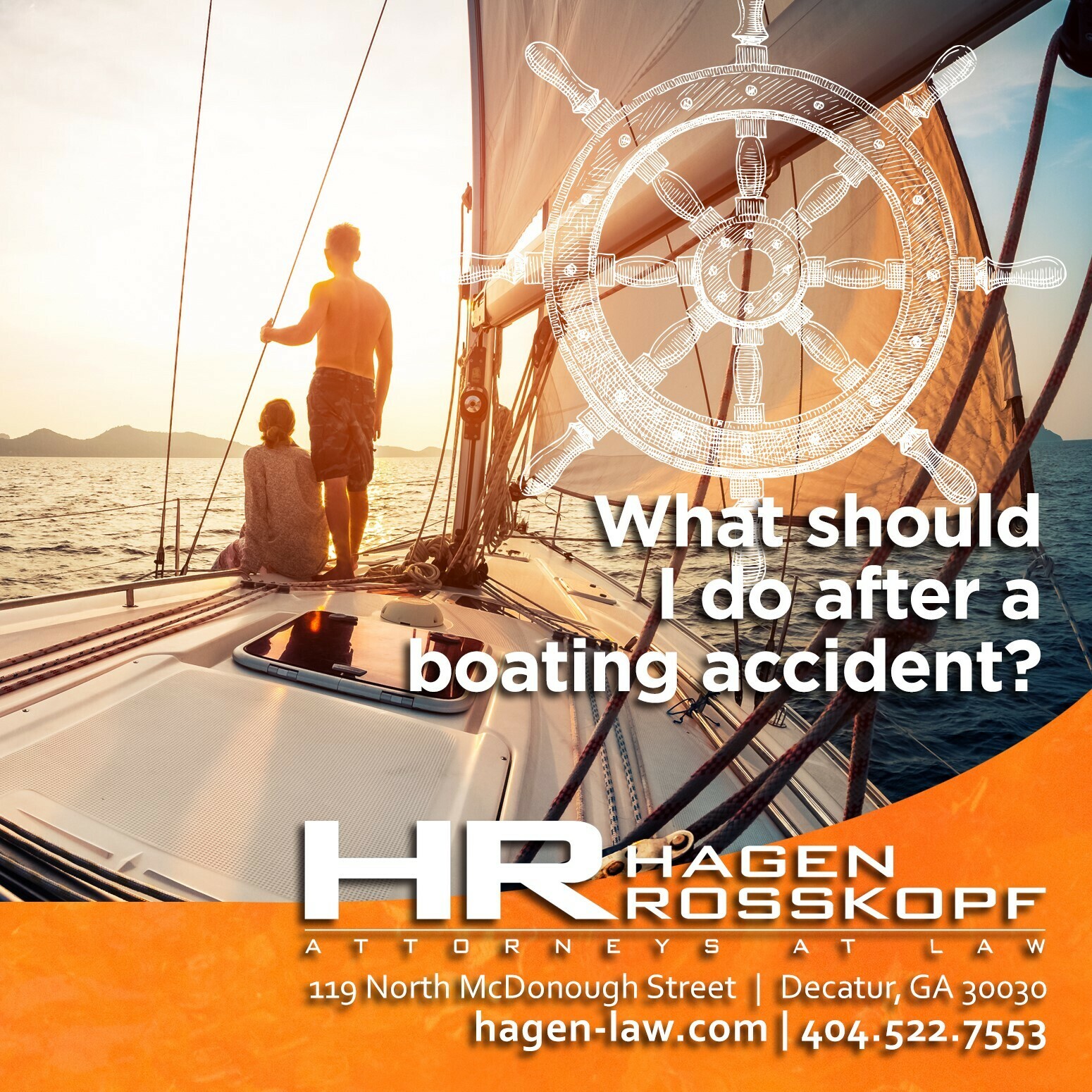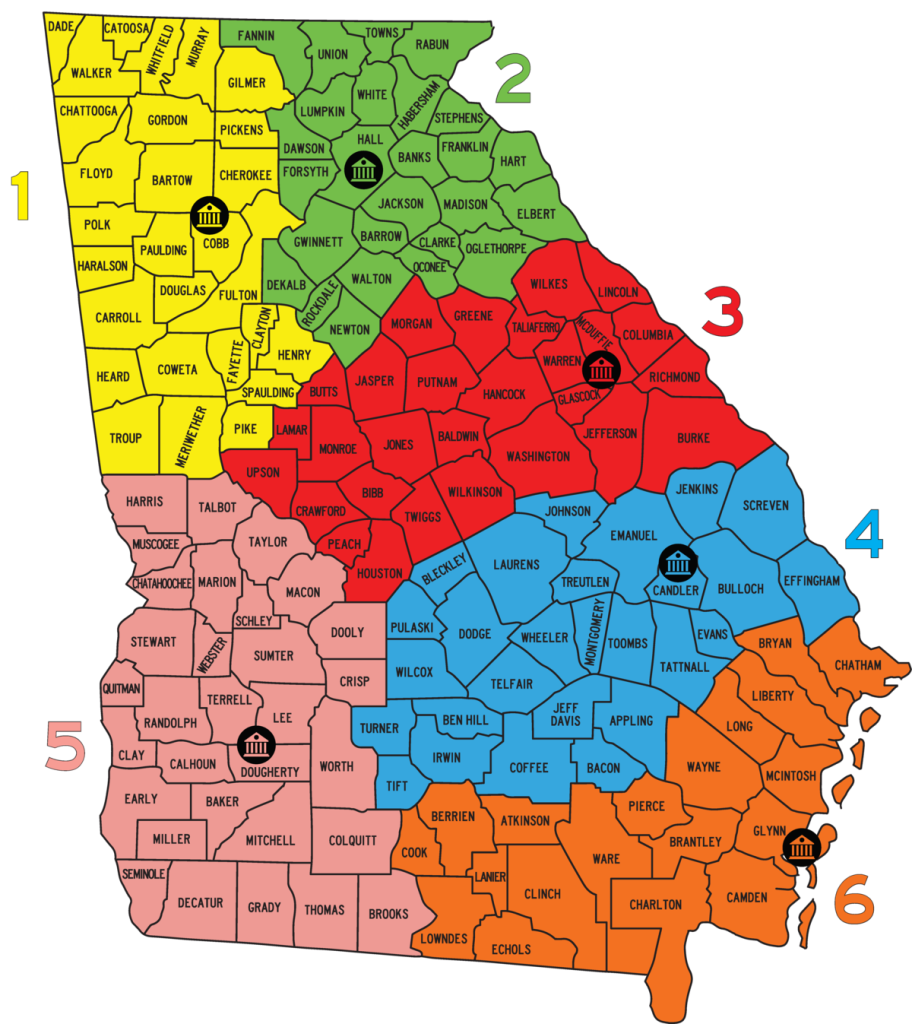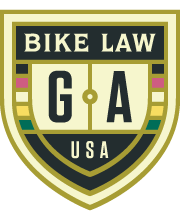What should I do if I am in a boating accident in Georgia?
Your perfect day on Lake Lanier just turned into a nightmare. One moment you're enjoying the sun with family, the next you're dealing with injuries, damaged boats, and insurance companies questioning what happened. In our 30+ years representing Georgia families, we've seen how quickly a beautiful day on the water can become overwhelming when someone else's negligence ruins everything.
A boating accident can happen when one least expects it and a day in the sun can be ruined by another boater’s negligence. Boating accidents can be an overwhelming and scary experience for everyone involved. Knowing what to do after a boating accident can alleviate stress and anxiety and ensure you get the right medical and legal help.

What Is A Boating Accident?
Any type of accident that happens on a river, lake, ocean, or another body of water and includes a watercraft or vessel is a considered a boating accident. This includes accidents involving jet skis, personal watercraft, open motorboats, canoes, kayaks, sailboats, and any other type of water vessel.
IMPORTANT LEGAL TIP: An injured person has no legal right to recover compensation for their injuries unless they are able to show that another entity was negligent in causing those injuries.
What To Do After A Boating Accident In Georgia
This step-by-step guide can be useful if you find yourself in a boating accident in Georgia during this boating season.
Prioritize Safety
Your safety and that of others is paramount. After the collision, and once the boat has come to a halt, assess the situation to determine that nobody has gone overboard and that your boat is in a safe location.
If any of the persons affected by the collision has gone overboard, focus on bringing them to safety by deploying the lifeboat or raft. If necessary, move the boat to avoid further danger from oncoming boats and potential hazards in the water. If the boat is taking water, make sure every person on board is wearing a life jacket.
Georgia’s boating laws include a Good Samaritan clause applicable to anyone who in good faith renders assistance in a prudent manner at the scene of a vessel collision. Further, you or any person providing aid will not be held liable for any civil damages that may arise.
Seek Medical Attention
Once you know everyone is safe, check yourself and others for any injuries. If immediate medical care is needed, call 911 and provide first-aid.
Don't let adrenaline fool you into thinking you're "fine." We've represented too many families who thought everyone was okay, only to discover serious injuries days later. Your body's natural response to trauma can mask pain and injury symptoms for hours or even days after the accident.
Sometimes injuries and pain caused by an accident can take a few days to appear after the initial adrenaline and endorphins from the day of the accident wear off. Your health is a priority, so consider seeing a doctor as soon as possible and get medical attention if the pain increases.
Additionally, it is important to document your injuries and medical expenses after a boating accident. This will be necessary for a future insurance claim and any legal action. Save every medical bill, expense receipt and Explanation of Benefit (EOB) forms you receive.
Common injuries caused by a boating accident may include:
- Concussion
- Broken bones
- Lacerations, burns, and bruising
- Soft tissue injury including whiplash, neck pain, and back pain
The reality many families face: Some boating accidents can lead to catastrophic injuries such as drowning, spinal cord injuries, amputations and in worst case scenarios the loss of life. These aren't just statistics - they're real Georgia families whose lives changed in an instant because someone else made a careless decision on the water.
Some boating accidents can lead to catastrophic injuries such as drowning, spinal cord injuries, amputations and in worst case scenarios the loss of life.
Collect Information and Preserve Evidence
In the chaos and stress of the moment, this might feel overwhelming - but documenting everything now can make the difference between getting fair compensation and being left to handle mounting bills on your own.
It is essential to gather information right away. Take photos and videos of all the damage to all the boats involved in the collision, visible injuries if any, the location of the accident and any contributing factors, such as weather conditions and boating under the influence (BUI).
Exchange names, contact information, boat registration numbers, and insurance details from the other boat drivers, boat owners, and parties involved in the accident. Collect the names and contact information of any witnesses who may be able to provide statements in the future.
Contact The Authorities And Report The Accident
Contact the Coast Guard or local law enforcement. If needed launch a marine flare to signal for help.
LEGAL TIP: Using visual distress signals (VDS) outside of an emergency is illegal.
Boating accidents in Georgia should be reported to the Georgia Department of Natural Resources. The statewide emergency response phone number is (800) 241-4113, it is available 24/7 and AT&T Mobility users can dial *DNR.
You can also contact the DNR Law Enforcement Region Office directly responsible for the county where the boating accident happened.
- Region 1 – Acworth: 770-529-2424
- Region 2 – Gainesville: 770-535-5499
- Region 3 – Thomson: 706-595-4211
- Region 4 – Metter: 912-685-2145
- Region 5 – Albany: 229-430-4252
- Region 6 – Brunswick: 912-264-7237
Georgia Code § 52-7-14 lays out the legal requirements after boating collisions, accidents, and casualties. Failure to report a boating accident can result in fines and even criminal charges.
Boating accidents must be reported within 48 hours if:
- A person dies within 24 hours as a result of the accident;
- A person is disabled for more than 24 hours;
- A person requires medical treatment for injuries beyond first aid;
- A person disappears from the vessel.
Boating accidents can be reported within five days if:
- The total loss or damage to the boat or other property exceeds $2,000.

Georgia Code Title 52 outlines the information you must provide when you report a boating accident including names, addresses, location, weather conditions at the time of the accident, etc. This is another reason why it’s so important to collect as much information as possible from each party involved in the boating accident.
Notify Your Insurance Company
Contact your insurance company and provide all details necessary to start a claim. Your insurance company may need you to send them a copy of any available reports from the DNR or local authorities.
Here's what many accident victims don't expect: Your insurance company - and especially the other party's insurance company - will contact you very quickly, often within hours of your accident. They'll seem helpful and understanding, eager to "get this resolved quickly for you." While they may sound sympathetic, remember that their job is to minimize what they pay out, not to make sure you're fully compensated for your suffering.
Remember that just because you are talking to your insurance company, it doesn’t automatically mean that they have your best interest in mind. Schedule a free consultation with a personal injury attorney before you agree to providing a statement to any insurance company.
A legal consultation with a trusted attorney is the most important thing you can do for yourself before accepting a quick settlement or signing any paperwork from an insurance company.
Talk To A Lawyer
You're already dealing with injuries, trauma, and worry about your family's future - you shouldn't have to fight insurance companies alone during this difficult time. Many accident victims feel overwhelmed by the legal process, but experienced attorneys handle all the complexity while you focus on healing and getting your life back to normal.
Seeking legal representation ensures that your rights are protected and that you know and understand your legal options should you pursue necessary financial compensation.
Boating accidents and the insurance claims process are not the same as a car accident. Therefore, it is important that you talk to a personal injury lawyer who has experience with boating cases and who understands boating state laws in Georgia and federal laws governing boating safety. Do your homework before hiring a lawyer.
Sometimes it may not be clear who is liable for the accident and in some instances the insurance company may even think that you are partially responsible for what happened. This is where a boating accident attorney can play a key role in investigating the incident, researching applicable negligence laws, and finding all potential avenues for monetary compensation and recovery. A boating accident attorney will also have working relationships with the best accident reconstruction experts in Georgia if needed to establish negligence in your boating accident case.
Time matters more than you might think. While you're focused on recovering and getting your life back to normal, insurance companies are immediately working to build their defense. Every day you wait gives them more time to find ways to minimize your claim or shift blame to you.
The statute of limitations in Georgia to file a lawsuit after a boating accident generally is 2 years. However, don’t wait until the last minute to talk to a lawyer. Understanding your legal options early on will help you navigate the insurance claims, medical bills, and will help you avoid unnecessary litigation.
Prepare and Prevent Boating Accidents
Protecting yourself and your loved ones on Georgia’s waterways starts before you even get on the boat.
- Go over the Georgia DNR Required Equipment Checklist and make sure you have everything on board ready to go for your next adventure on the water.
- Take a free Boating Safety Class
- Stay on top of your boat maintenance
LEGAL TIP: You must take a boaters safety course if you were born after January 1, 1998 in order to operate a motorized vessel in Georgia.
The heartbreaking truth: No matter how prepared and careful you are, you can't control other people's choices on the water. You can't stop other boaters from drinking too much, speeding through no-wake zones, or operating their vessel recklessly. And when their negligence impacts your family, it can change your life forever.
However, no matter how prepared one can be to safely enjoy a day on a boat, we just can’t control how other people choose to conduct themselves. We can’t stop other boaters from speeding, or drinking too much, or driving a boat or jet ski recklessly. And sometimes the negligence of other boat drivers can have a life-altering impact on our lives and the lives of those on our boat.
Whether your accident happened on Lake Lanier, Lake Hartwell, the Chattahoochee River, or any of Georgia's beautiful waterways, you deserve to have your perfect day restored. While we can't undo what happened, we can help ensure that the responsible party is held accountable and that you receive fair compensation for turning your family's joy into trauma.
If you find yourself in a boating accident in Georgia, we hope the information in this article helps you to handle the situation in the best way possible. We are here to help you navigate the rough waters ahead.
